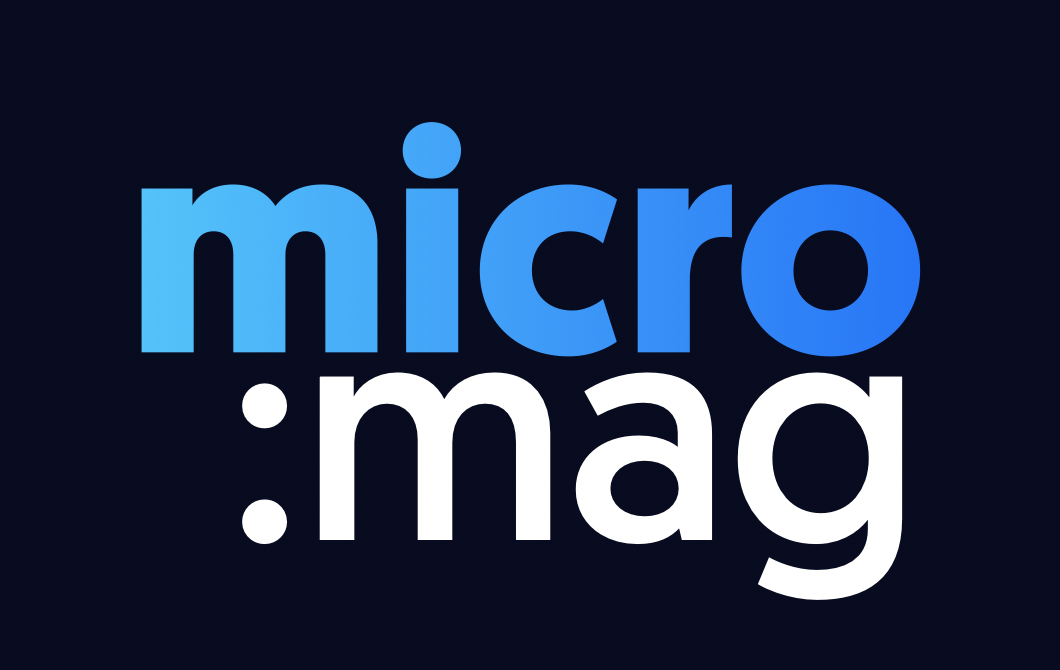
Issue 8 - Design an add-on
August 2020
Design an add-on
This issue’s cover feature is “Design an add-on”.One of the awesome features we outlined about the micro:bit in our last issue was the edge connector at the bottom. This is great for providing expandability to your micro:bit and increasing the number of things you can do with it. The market is full of interesting add-on boards you can connect to your micro:bit to enable it to do a whole host of different things, but sometimes, there isn’t an add-on board for everything. So why not make your own? In this issue, we’ll be taking a look at how we can make our very own micro:bit add-on board using a free piece of software called Fritzing and how to take it to the manufacturing stage in a few simple and easy to follow steps.
Plus!
- No-Touch Handwash Timer
- Making of a micro:bit product
- Coding with 5th Graders
- Huskylens - Reviewed
- And more!
